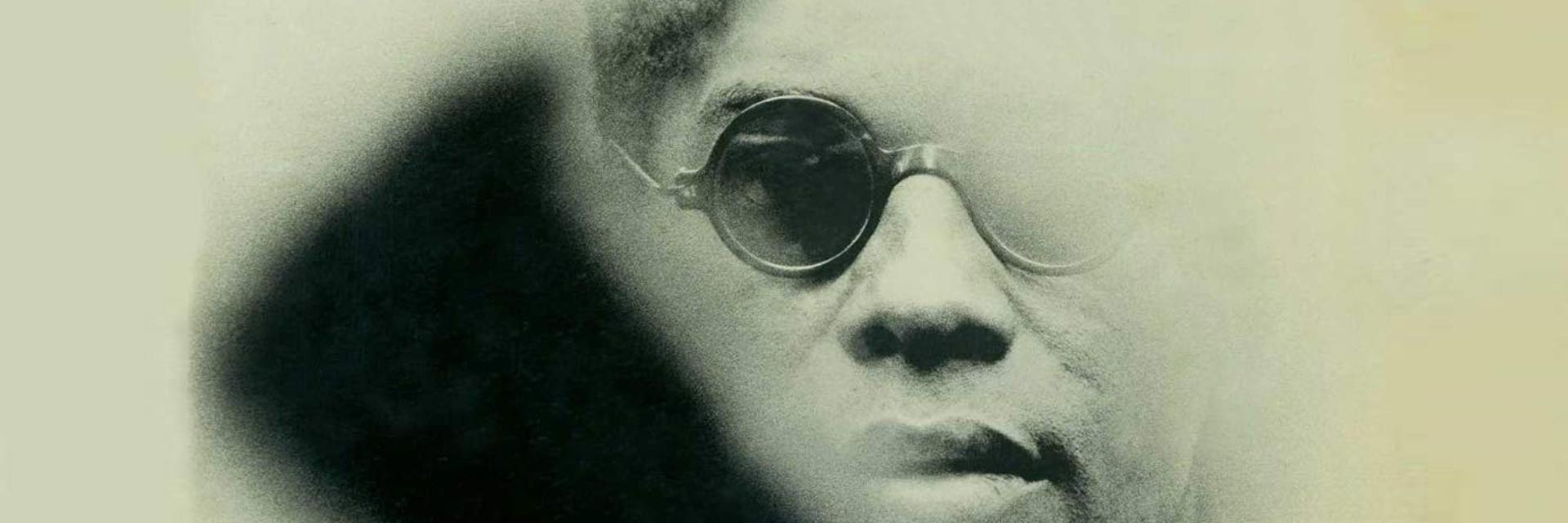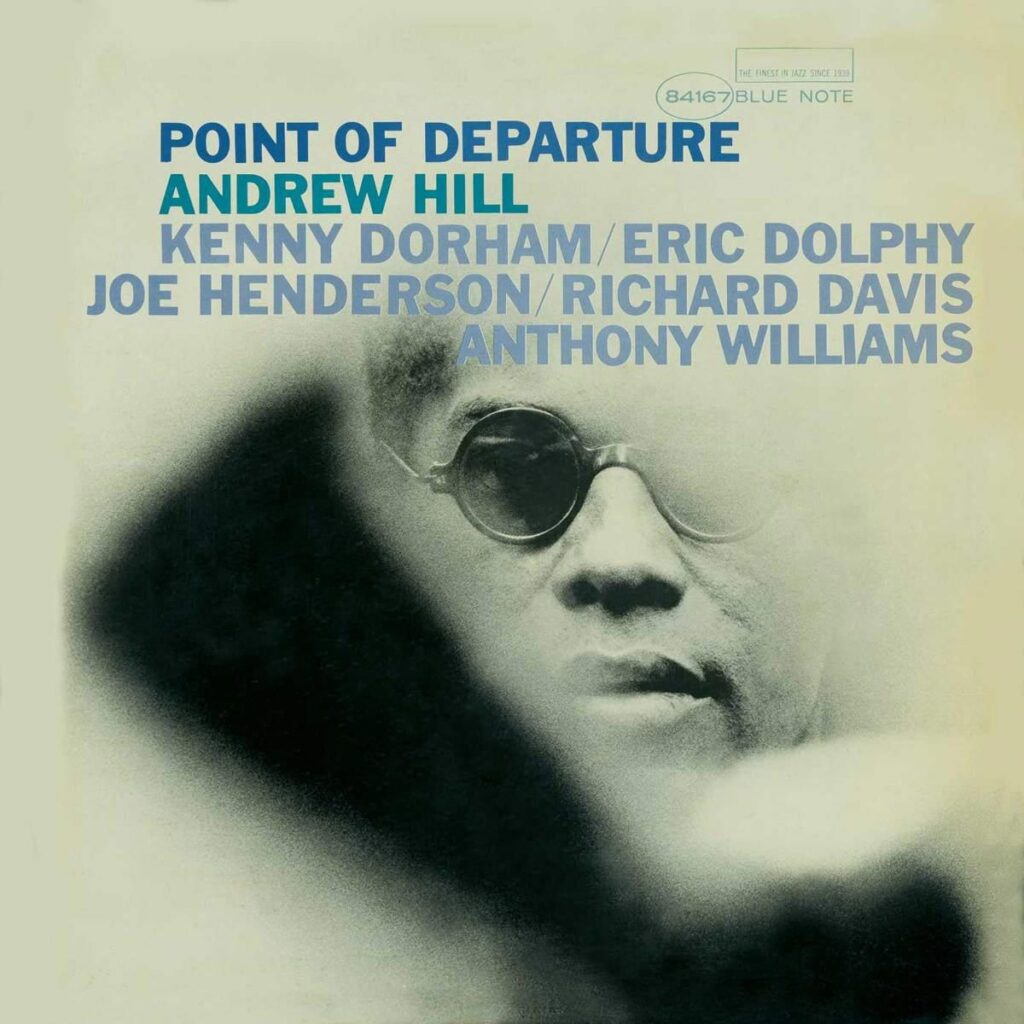This album has a special aura about it. It is one of the last studio recordings made in the USA by the legendary Eric Dolphy. Just a few days later, he would travel to Europe with Charles Mingus, where he would pass away in June 1964.
Point Of Departure is also considered Andrew Hill’s best and most important album – it is the standard against which the pianist was measured for the rest of his life. Even 36 years later, he revived this sextet instrumentation with new personnel – Marty Ehrlich acted as Dolphy’s representative. For the critics, Point Of Departure is “one of the very great jazz albums of the 1960s” and a “remarkable session that still has avant-garde quality”. Thom Jurek from AllMusic calls it an “outstanding meeting”, a record “that still points to the future in the 21st century”.
Let’s start with the all-star personnel. Bebop veteran Kenny Dorham was one of the leading hard bop trumpeters, and Joe Henderson was a bright rising saxophone star. Andrew Hill already knew back then: “Joe will become one of the greatest tenor players.” These three are also connected by a special story: it was Dorham who brought Henderson to the Blue Note label in 1963 – and Henderson in turn played the same role for Hill. The third horn player on the album is the legendary Eric Dolphy (alto saxophone and bass clarinet), and with him the rhythm duo Richard Davis (bass) and Tony Williams (drums) joined the band – both had played on Dolphy’s masterpiece Out To Lunch a month earlier.
And then there’s the pieces. Andrew Hill wrote five compositions for the session – with innovative formal ideas, polyphonically interlocked and twisted melodies and satirical staccato figures. The opener “Refuge” is a challenging 12-bar theme that strays far from the blues. (Because of its triplet accompaniment, it could also be heard as a 36-bar waltz). “New Monastery” is reminiscent of the angularity of Thelonious Monk and has an 11-bar chorus with a march and ragtime feel. “Spectrum” is a multi-part piece with changing meters and attitudes. In “Flight 19”, fast and slow bars are strung together, and the concluding “Dedication” is reminiscent of a dark ballad with a funeral march character.
Finally, the execution. Andrew Hill’s music reflects the harmonic liberation beats of 1960s jazz. The pieces move away from clear chord progressions in favor of modal concepts and tonal centers. In some cases, the soloists can choose their own harmonic route – each solo becomes an independent artistic statement. Hill’s piano playing sets the tone: It is at once lyrical and complicated, swinging and tonally liberated. Tony Williams’ drumming is rhythmically untethered, but does not “mark time in the strict sense”. There are a few impurities in the brass section, but the experimental energy is genuine.
The pieces and the album were only given their final titles after the fact. The funeral march “Dedication”, says Hill, is not dedicated to anyone in particular, but expresses the feeling of a great loss. When the record was released, Eric Dolphy had already passed away.
Andrew Hill – Point of Departure on discogs.com


